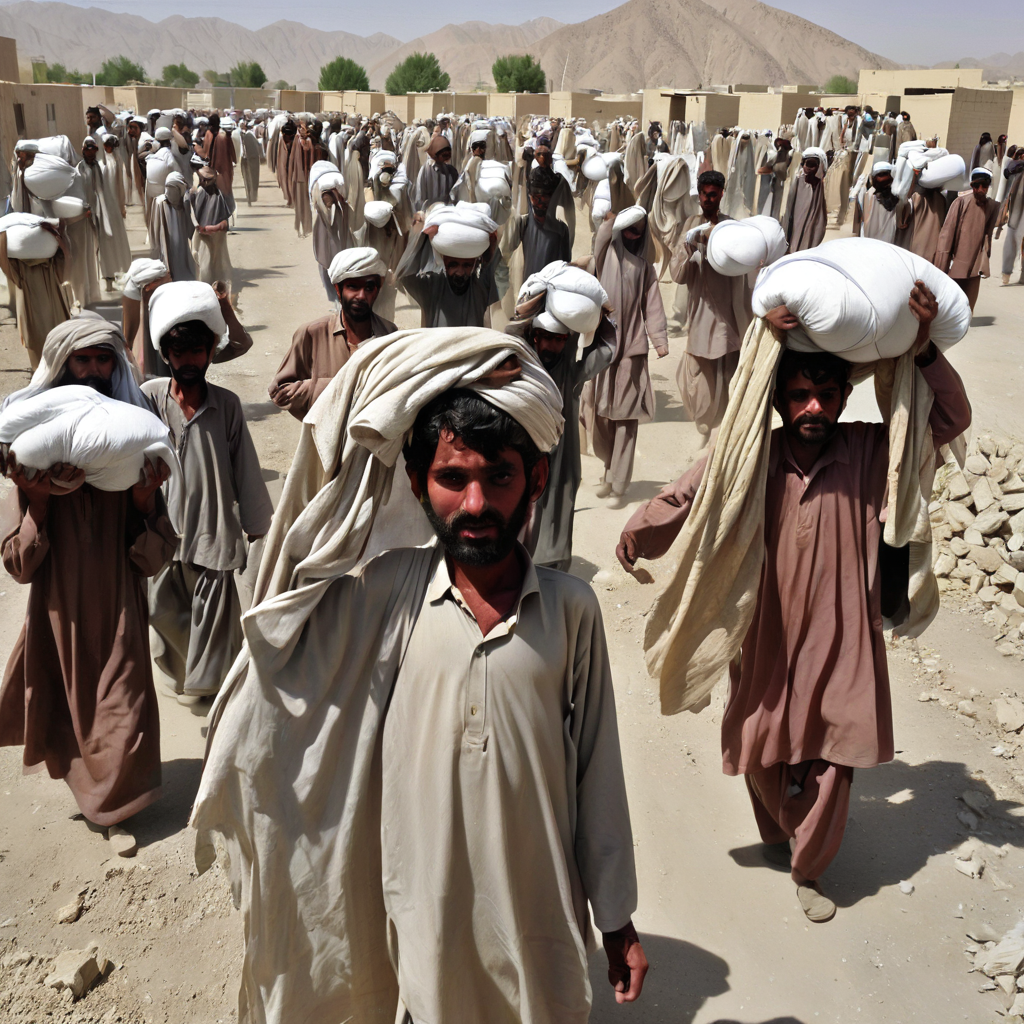ILO BRIDGE Project Conducts Workshop on Forced Labour in Balochistan
The workshop aimed to present the findings of a comprehensive mapping and needs assessment of forced labour victim support services in the region.

- Country:
- Pakistan
The International Labour Organization (ILO), under its "From Protocol to Practice: A Bridge to Global Action on Forced Labour" (BRIDGE) project, organized a validation workshop in Balochistan. The workshop aimed to present the findings of a comprehensive mapping and needs assessment of forced labour victim support services in the region. The initiative is funded by the United States Department of Labour.
Key Findings
The assessment involved extensive interviews with stakeholders from various sectors, including law enforcement, social welfare, agriculture, mines and minerals departments, local NGOs, human rights commissions, and forced labour victims. The findings highlighted several critical issues:
Prevalence of Forced Labour: Forced labour is widespread across sectors such as mining, agriculture, domestic work, fishing, trading, and other service industries.
Lack of Awareness: There is a limited understanding among law enforcement officials regarding the indicators of forced labour and appropriate response protocols.
Victim Profile: Forced labour victims often come from impoverished backgrounds, lack formal education, and are from dysfunctional families, refugee situations, or remote areas. They typically work in low-skilled, informal sector positions.
Recommendations
To effectively combat forced labour in Balochistan, the study provided several recommendations:
Specialized Training: Enhanced training for law enforcement and other relevant departments to identify and respond to forced labour cases.
Skills Development: Introduction of emerging skills and enhancement of technical education for potential victims to improve their employability.
Interdepartmental Coordination: Improved coordination among various government departments and agencies involved in labour rights and victim protection.
Expanded Victim Services: Strengthening and expanding services to protect and support victims of forced labour.
Long-Term Strategies: Economic growth and diversification, promotion of labour rights, and disaster risk reduction strategies to address the root causes of forced labour and improve livelihoods in Balochistan.
Workshop Highlights
The validation workshop saw participation from officials across law enforcement, government departments, and representatives from employers’ and workers’ organizations. Key speakers at the event included:
Sardar Mushtaq Ahmad Jaffar, Director General, Department of Labour Balochistan, who emphasized the commitment to eliminating forced labour in the province, aiming to set a model for other regions in Pakistan.
Geir Tonstol, Country Director for ILO Pakistan, highlighted the detrimental impact of forced labour on human dignity and called for urgent action to combat this issue.
Tonstol remarked, “Forced labour perpetuates cycles of poverty and exploitation, profoundly undermining human dignity. It has become evident that the situation is grave and all of us assembled here must act urgently to combat forced labour, end this injustice, protect workers' rights, and uphold the principles of fairness and equality for everyone."
The ILO’s efforts through the BRIDGE project are crucial in addressing forced labour in Balochistan. By implementing the recommendations from the study, enhancing training and coordination, and focusing on long-term economic and social strategies, significant progress can be made in eliminating forced labour and improving the lives of vulnerable populations in the region.
- READ MORE ON:
- Balochistan
- International Labour Organization










